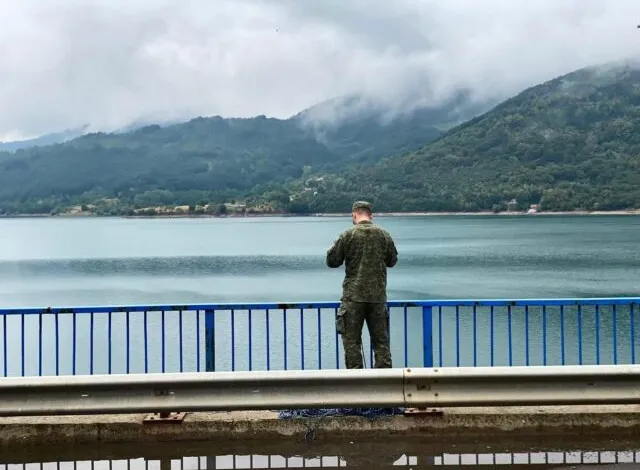By Angelos Syrigos
A decision by US oil giant Chevron and oil refiner HelleniQ Energy to submit a bid to explore for natural gas off Crete has revived debate over Greece’s rights in undemarcated areas of its continental shelf.
The disputed blocks are mostly located in areas not yet delimited with neighboring countries. Some have argued that Greece cannot exercise sovereign rights without prior demarcation, either through bilateral agreements or legal action. According to this view, Greece only has claims until boundaries are settled. The only exceptions are in the Ionian Sea, where Greece has agreed on a boundary with Italy, and south of Crete and Rhodes, where Athens has reached a deal with Egypt.
However, international law offers a different perspective. Under the UN Convention on the Law of the Sea, sovereign rights over the continental shelf exist ab initio—from the moment a state exists—and ipso facto, meaning no declaration or recognition is required. What remains unclear are the precise outer limits of a state’s continental shelf when it borders another state. While unilateral determination of those limits does not create binding effects on neighbors, it is not prohibited, provided claims are consistent with international law.
International law also prohibits abusive use of these rights. Extreme maritime claims that are not legally justified are considered abusive. Nor does international law require suspension of activities in undemarcated areas. During the drafting of the Law of the Sea, proposals to impose such suspensions were rejected.
Turkey contests large parts of the Greek continental shelf and exclusive economic zone (EEZ), often extending its claims far beyond its own coasts and closer to those of Greece and Cyprus. The 2019 Turkish-Libyan maritime memorandum is a notable example, as Turkey attempted to claim areas where it has no direct access. Many of Ankara’s claims lack legal basis and, under international law, cannot establish rights.
By contrast, Greece’s claims are consistent with international law. They are based on proximity to its own coasts, application of the median line principle, and attribution of continental shelf rights to both mainland and island territories. Where no delimitation agreement exists, Greek law defines boundaries on a provisional basis. Since 1978, states and companies have sought licenses for surveying and cables on the Greek continental shelf, and Greece has allocated exploration blocks in undemarcated areas in 1959, 1969 and 2019.
Undemarcated areas of the Greek continental shelf fall into two categories. The first includes zones where overlapping claims exist with neighboring states, legally compatible with international law—such as areas between Kastellorizo and Cyprus. In these cases, Greece and Turkey must act in good faith, avoid seismic surveys or drilling, and work toward peaceful dispute resolution.
The second category includes areas not claimed by other states, or where rival claims are incompatible with international law. In these zones, Greece can exercise its rights freely. This applies to the blocks south of Crete. Greece, as a sovereign state, must protect its rights while acting within international law.
Angelos Syrigos is Associate Professor of International Law and Foreign Policy at Panteion University in Athens and a Member of Parliament with ruling New Democracy.
Source: eKathimerini.com



